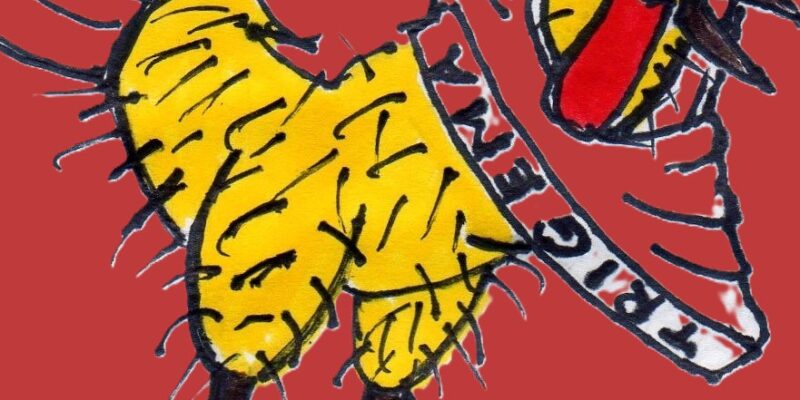Last week I was busy doing some advanced training at RISE. The Zürich workshop was about:
Exploring Executive Value Creation and How It Can Be Learned
We were discussing questions such as:
What is the potential contribution of the “CEO” towards the success of the enterprise?
or
What is the value contribution of the management at the top of the enterprise?
This is a question I have been thinking about fore many years. Of course, I want to do a good job for my enterprise. But how can I evaluate that? Can I measure my own achievement?
Here is a short report:
Three experienced and successful entrepreneurs and managers coming from three different sectors (IT technology, banking, and innovative products including design, engineering and production) gave a personal and totally authentic description of their own lives.
Many of the aspects they mentioned sounded familiar to me, some of them were new. They definitely gave me a lot of things to ponder on:
Here are some of the best:
- You have to find the right “balance between working in the company and working on the company”.
- Your own work is very “interruptive” and controlled from the outside. It is the most demanding challenge to also find time for cogitations.
- Being open and taking time for reflections, if possible in the right company, is vitally important.
- It would be ideal if you could make yourself scarce once in a while in order to gain time for novelties and change.
- The people working in the enterprise are what really matters, which is why you should always be involved when new applicants for employment are interviewed.
- It is your central task to promote the culture and values of the enterprise. But how?
We all more or less agree that:
- it is absolutely necessary to delegate, and that includes responsibility, but
- all information and communication themes must remain the affair of the boss himself and that
- you have to make the competence and know-how of the employees even more part of the enterprise than you already do.
On the whole, we saw that – even though the quintessence of many opinions we exchanged very much supplemented each other – there were still a number of differences. Those were due to the different sectors and business types, but also to the differences in size, ownership and legal form of the various enterprises.
As always, the discussion questioned much we had taken for granted. Does the all-decisive CEO exist at all? Or are the decision-making processes in reality perhaps distributed along the lines of the entire organization?
What exactly is a decision-making process? In the end, every decision also has a political element. It has the potential for dissatisfaction and you can never really prove that a decision was correct.
During the second part of the seminar, we worked individually and in teams, trying to find out what exactly we can do:
- Both in order to increase the effect we have on others as responsible managers,
- and in order to improve the common team achievement on management level.
Eventually, we discussed how RISE could further accompany us in order to not only generate knowledge, but also provide reasonable help for leaders using said generated knowledge.
It was another one of those very successful workshops of high quality that was characterized by constructive trust in each other in the group. Again, the way to Zürich was well worth it for me.
Many thanks also to Patrick and Teddy of ERGON for their hospitality and the cordial welcome they gave me in their company building.
RMD
(Translated by EG)




